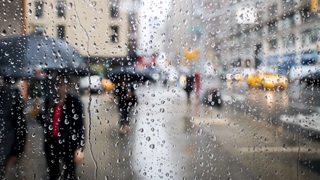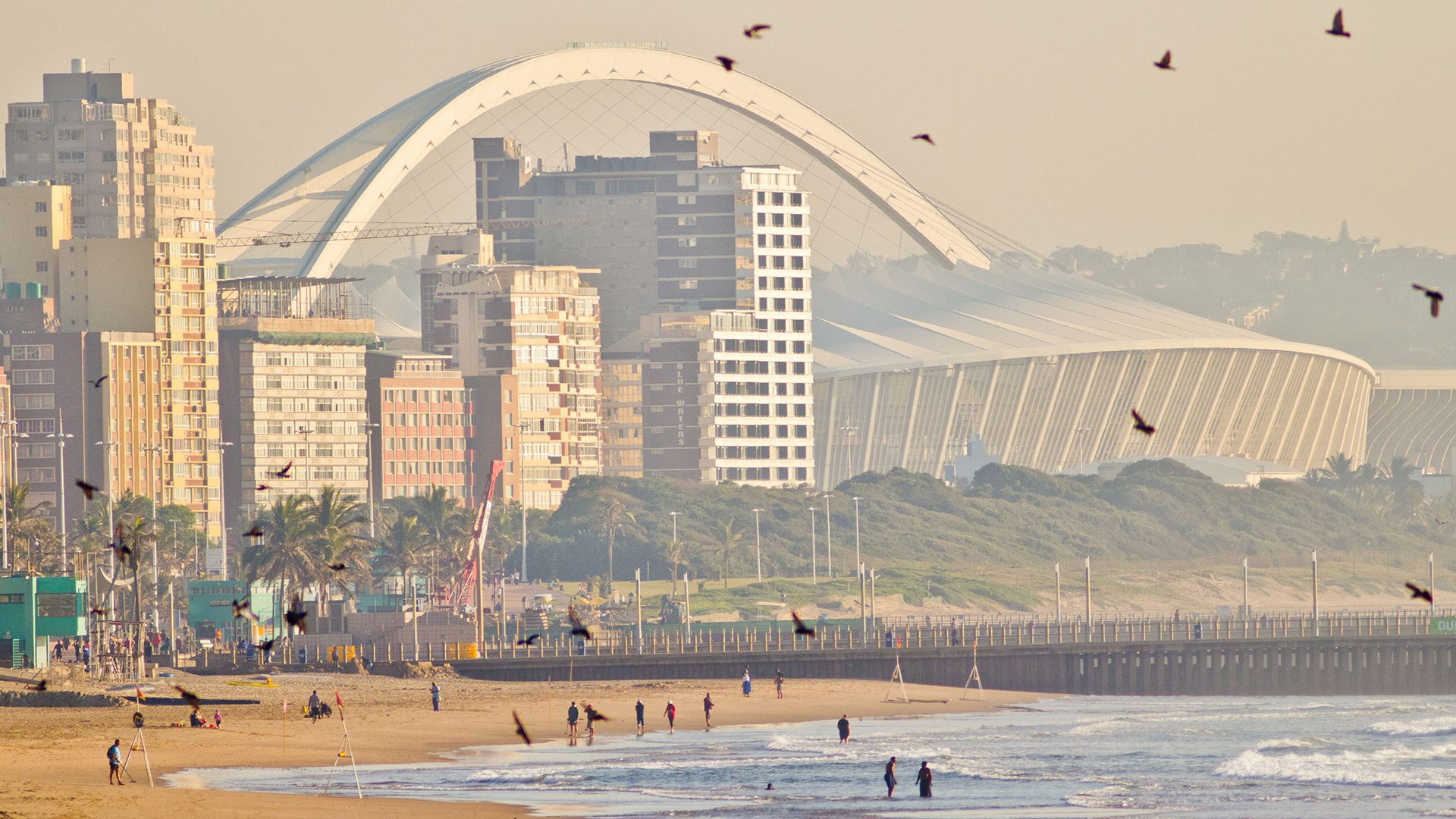
Way of life
The lives of others


What the vast herds of wildebeest do across the rolling savannahs of East Africa, South Africans from the beach-less north do over the summer holiday season—they migrate in long, gleaming streams of vehicles down to the coast to be by the sea.
For years, people in South Africa could be identified (and labelled) by their car registration numbers. Number plates beginning with C came from the Cape; those with an N from Natal, and so on. Even more useful was the fact that each town or suburb had its own distinctive set of letters: CA was Cape Town; OB was Bloemfontein; TJ was Johannesburg. I am sure there was a system of sorts, but it was not always apparent. CAW was for the small town of George, NA was Kokstad, and NX Umzinto. CY drivers (from Bellville) were notoriously unfamiliar with the highway code, as were (and still are) drivers from Pinetown (NPN). Some Provinces now have centralised registration systems: MP means you come from Mpumalanga; GP means Gauteng; FS, the Free State. Over December and January, families from these landlocked areas flock to to the coast, and in particular the Kwa-Zulu Natal coast (where we live). The local NT vehicles become the exception rather than the rule.
The weather is hot, the beaches are golden brown, and the water is warm. Shops are filled with sunburned children in baggies and flip flops; fathers, carrying bags of charcoal, beer, firelighters and enormous amounts of red meat; and then the mothers, who seem to carry everything else required for a holiday by the sea.
There are a few wonderful campsites right on the beach and the families descend on their chosen spot with every piece of camping equipment imaginable. Every person (and there are more than one can possibly imagine could fit into the car that brought them there) has a task; and the area is quickly a whirl of tarpaulin, tent poles, guy ropes, bellowed instructions, and provisions for two weeks under canvas. Out of this chaos comes order. The camping chairs are laid out and the family all sit down together and watch the long rolling breakers wash up on the beach beneath them.
The sun comes up early at this time of year and we often go to the beach for a walk at low water and to swim in the tidal pools. The beaches are quiet, refreshed by the earlier tides and glistening in the pink of the sunrise. The odd fisherman will be trying his luck and, almost inevitably, the odd lost (but not lost) Jack Russell will come sniffing for scraps. We sit on the sides of Granny’s Pool drinking our coffee and watching the tented communities come to life. The children are the first to emerge—their eagerness for the beach being tempered by their mother’s determination to smother them with Factor 50 sunscreen. The early birds then go and gather their like-minded cousins and in an instant the quiet of the morning is overthrown by the sounds of the children making merry in the waves.
The north coast has been unseasonably wet this past year. It has rained for days, and the storms have been beyond spectacular. The good news is that the restaurants, still sucking up the body blows of Covid, are full of life, the chatter and clatter drowning out the cover bands’ best efforts. Parking lots fill up; roads become clogged; children dash about, determined (despite the weather) to have fun.
Like the tides, the herds of visitors eventually ebb back to where they have come from and the peace of the north coast flows back into the empty spaces.
© Norton Rose Fulbright LLP 2025